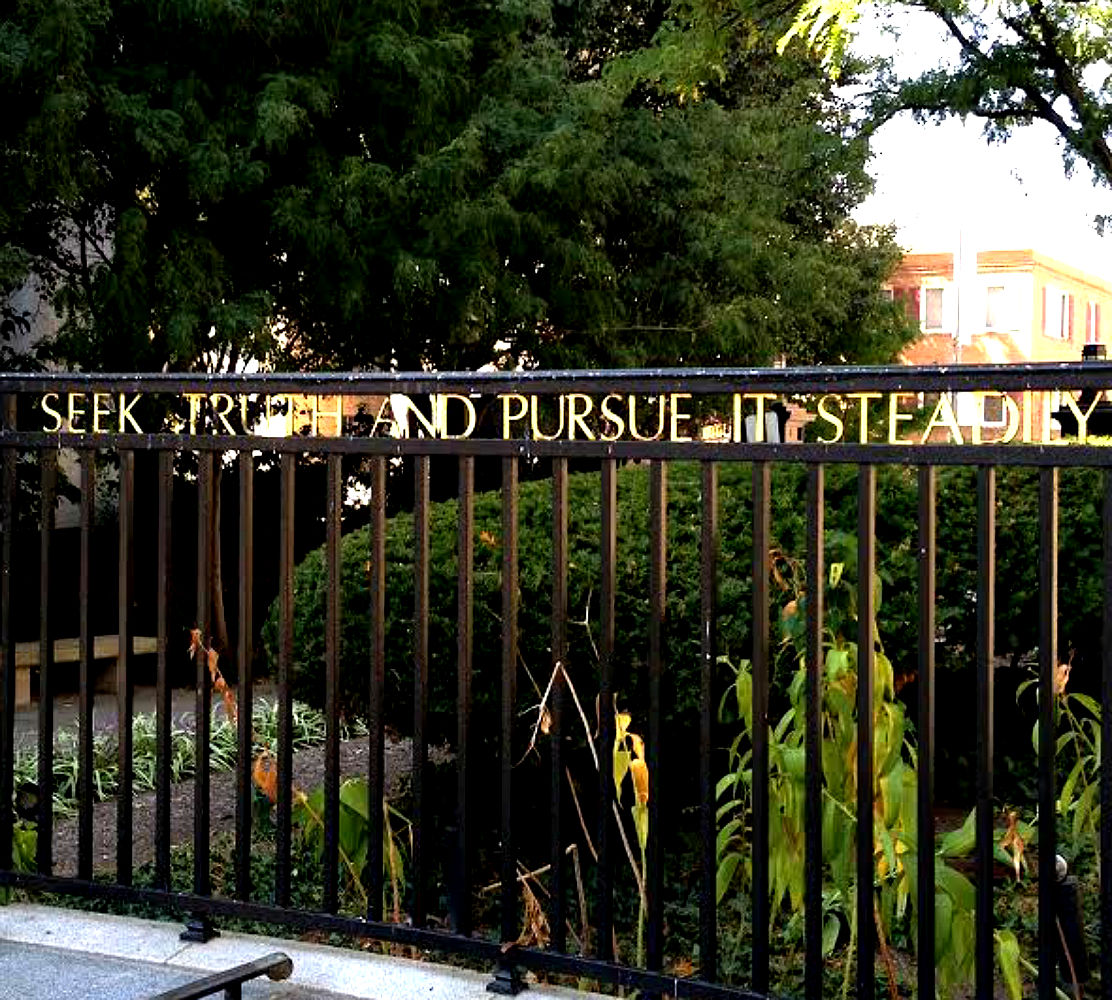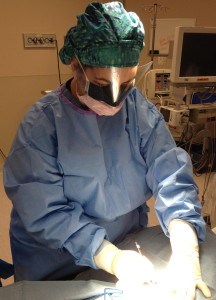“I said Doctor, Doctor, Mr. M.D. – Can you tell me what’s ailing me?” – Good Lovin’, The Grateful Dead
“I’m a doctor, not a mechanic.” – Dr. Leonard “Bones” McCoy, “Star Trek”
“I’m not a doctor, but I play one on TV. ” – Chris Robinson/Dr. Rick Webber of “General Hospital”
I enjoyed an email exchange with a couple of long-distance friends the other day, Gina (an author and journalist) and Eric (a computer/IT professional), prompted by the follow-up questionnaire Gina received after her recent doctor visit and procedure. Throughout the form, it asked her to evaluate the various aspects of her interaction with her provider.
This struck her as odd and funny, and we engaged in a generally humorous exchange. A couple of really serious points were made as well.
First, though, it made me think of a new game, playing around with words. Take any fictional character from books, film, television; any famous poetry, literary passage, or song lyric; any famous person or historical figure that contains or references the title “doctor” or “physician”, and substitute “practitioner” or “provider.” Dr. Who, Dr. Strangelove, Dr. Zhivago. Christ the Physician. Dr. Spock (both of them), Dr. Koop. Dr. Gawande. “Doctor, my eyes…”, “Doctor, Doctor, tell me the news…” , “Is there a doctor in the house?” You get the idea. Stilted, clumsy, and the result is often strange if not creepy. We can play the same game with references to the word “patient”, substituting “customer” or “client”.
But wait, we already play that game, it is a daily interaction, and we are getting shockingly accustomed to it. Continue reading



